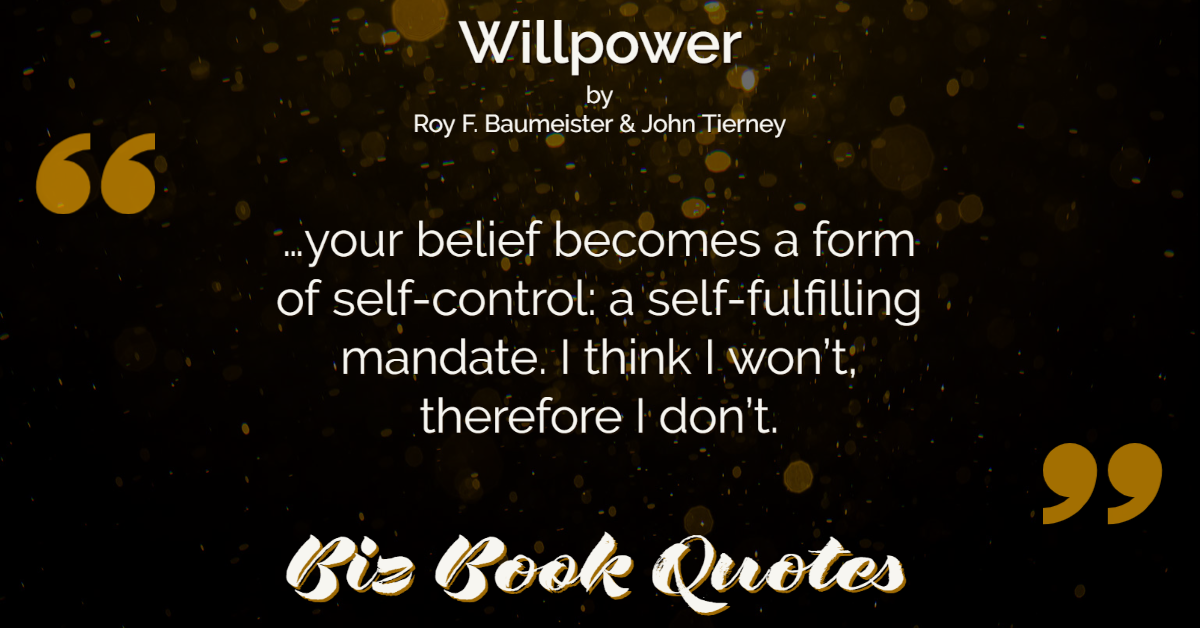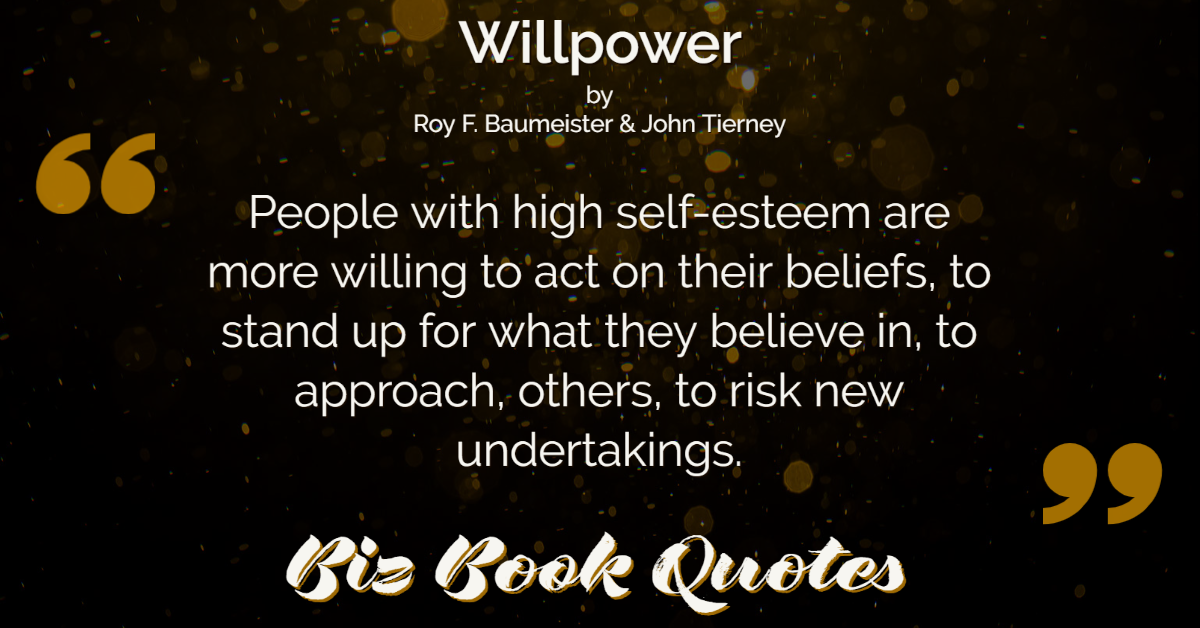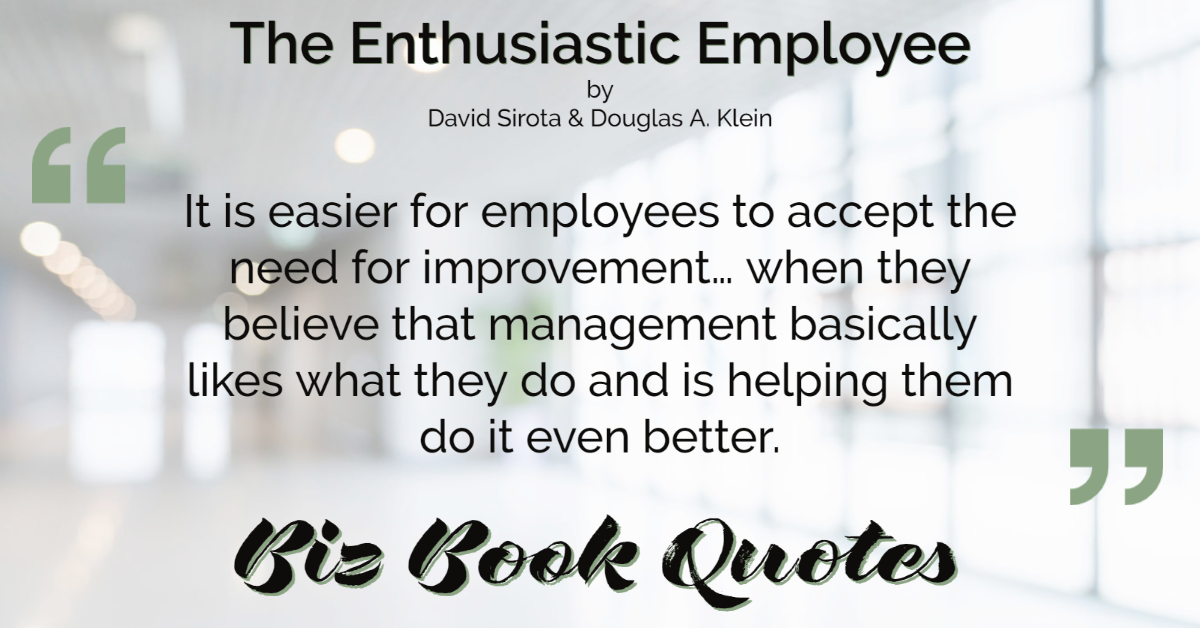 |
…misregulation [is] the mistaken belief that buying something will regulate your mood for the better, when in fact you’ll just feel worse afterward.
|
122 |
 |
…your belief becomes a form of self-control: a self-fulfilling mandate. I think I won’t, therefore I don’t.
|
186 |
 |
People with high self-esteem are more willing to act on their beliefs, to stand up for what they believe in, to approach, others, to risk new undertakings.
|
192 |
 |
…if you can get the other side to drop their unbelief, you can slowly work them to your point of view on the back of their energy…
|
149 |
 |
Our job as persuaders is easier than we think. It’s not to get others believing what we say. It’s just to stop them unbelieving. Once we achieve that, the game’s half won.
|
150 |
 |
Giving your counterpart the illusion of control by asking calibrated questions – by asking for help – is one of the most powerful tools for suspending unbelief.
|
150 |
 |
People who are lying are, understandably, more worried about being believed, so they work harder – too hard, as it were – at being believable.
|
178 |
 |
…pushing hard for what you believe is not selfish. It is not bullying.
|
243 |
 |
When it comes to a lot of values issues – and what people really believe in their daily lives – the gap between conservatives and liberals isn’t nearly as large as it might first seem.
|
231 |
 |
It is easier for employees to accept the need for improvement… when they believe that management basically likes what they do and is helping them do it even better.
|
324 |